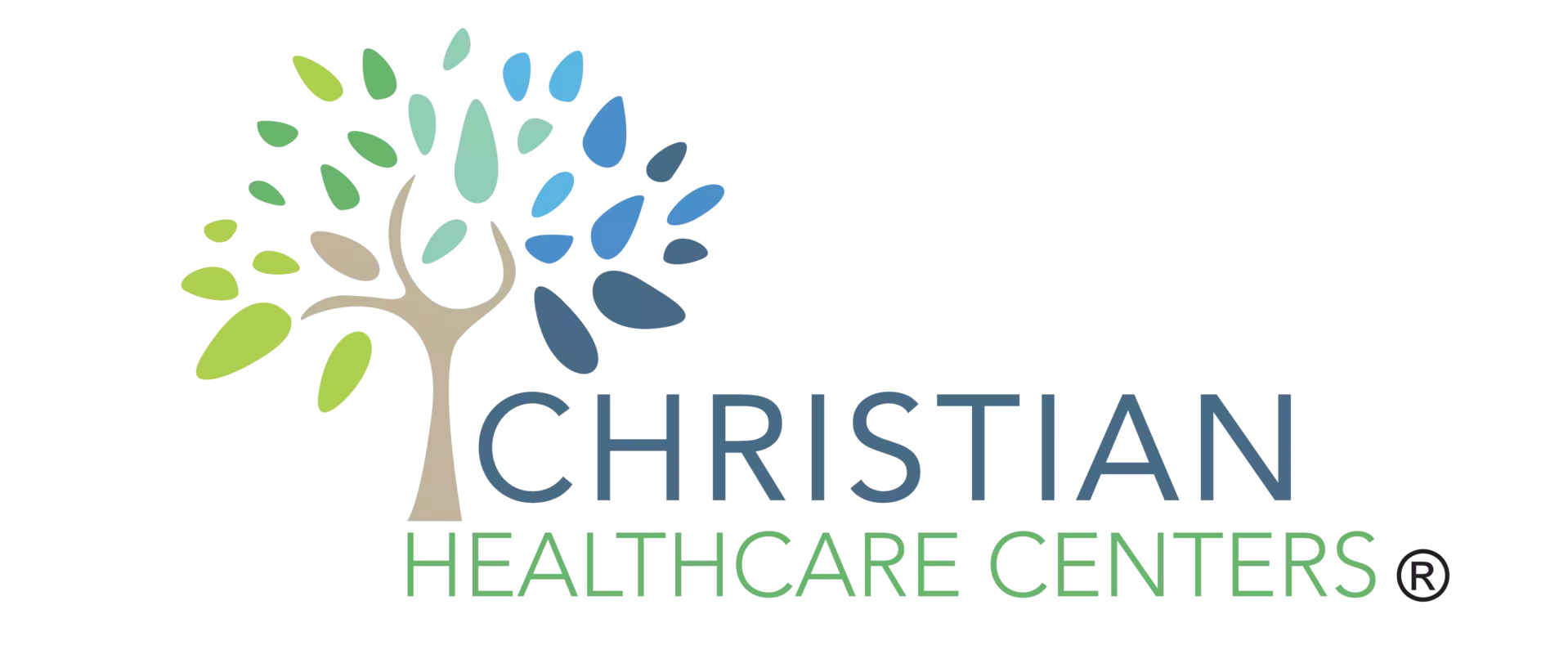When managing your healthcare expenses, you may find yourself contemplating between the traditional insurance route or exploring the possibilities of Direct Primary Care (DPC).
Each option has its own set of advantages and considerations, and it’s important to make an informed decision that suits your needs.
But have you ever wondered if there’s a more affordable way to navigate the complex world of healthcare?
Well, buckle up because we’re about to unveil DPC’s secrets and explain how it can potentially revolutionize your healthcare experience.
Understanding Direct Primary Care (DPC)
If you’re looking for an alternative to traditional insurance, understanding Direct Primary Care (DPC) can provide you with a cost-effective and personalized healthcare option.
DPC is a membership-based healthcare model that focuses on patient-centered care. With DPC, you pay a monthly fee, similar to a gym membership, to have unrestricted access to your primary care provider. This means you can visit your doctor as often as needed without additional fees or copays.
One of the key advantages of DPC is the personalized care you receive. Unlike traditional insurance, where doctors are often rushed and limited in time spent with patients, DPC doctors have smaller patient loads. This allows them to spend more time with each patient, addressing all concerns and providing comprehensive care. In the DPC model, doctors are able to build strong relationships with their patients, getting to know them on a deeper level and understanding their specific healthcare needs.
Another benefit of DPC is the cost savings. Without the need for insurance intermediaries, DPC doctors can offer their services at a lower cost. The monthly membership fee covers most primary care services, including routine check-ups, preventive care, and chronic disease management. This eliminates the need for copays and deductibles, making healthcare more affordable and transparent.
In addition to cost savings, DPC also offers convenience. With DPC, you have direct access to your doctor through phone calls, emails, and even virtual visits. This means you can get medical advice and prescriptions without scheduling an in-person appointment. This level of accessibility and convenience allows for more timely and efficient healthcare, reducing unnecessary visits to urgent care or emergency rooms.
Key Differences Between DPC and Traditional Insurance
DPC and traditional insurance differ in several key aspects that can significantly impact your healthcare experience and costs. Here are the key differences between the two options:
Cost Comparison: With traditional insurance, you typically pay a monthly premium, along with deductibles and co-pays, for each visit. These costs can quickly add up, especially if you require frequent medical care. On the other hand, DPC operates on a membership model, where you pay a fixed monthly fee directly to your primary care provider. This fee covers unlimited visits and certain medical services, resulting in more predictable and potentially lower costs.
Patient Satisfaction: Traditional insurance often involves navigating complex networks, which can lead to limited choices when it comes to selecting healthcare providers. Additionally, the paperwork and administrative processes involved can be time-consuming and frustrating. DPC, on the other hand, offers a more personalized approach to healthcare. You have direct access to your primary care provider, with longer appointment times and greater continuity of care. This level of personalized attention can lead to higher patient satisfaction and a stronger sense of belonging to a healthcare community.
Access to Care: Traditional insurance may require you to obtain referrals or prior authorizations before seeking specialized care. This can cause delays and hurdles in accessing the necessary treatment. With DPC, you have the freedom to choose your specialist and receive timely care without unnecessary bureaucratic hurdles.
Focus on Preventive Care: Traditional insurance often emphasizes reactive care, where the focus is on treating illnesses and chronic conditions once they occur. DPC, on the other hand, places a strong emphasis on preventive care and overall wellness. Your primary care provider in a DPC model will work closely with you to create a personalized wellness plan, helping you maintain good health and catch potential health issues before they become serious.
Understanding these key differences can help you make an informed decision about which healthcare option aligns best with your needs and priorities.
Benefits of Direct Primary Care for Affordability
Direct Primary Care (DPC) offers numerous benefits for affordability, making it an attractive option for individuals seeking cost-effective healthcare solutions. When comparing direct primary care to traditional insurance, one of the main advantages is the potential for significant cost savings with DPC.
With traditional insurance, you typically pay a monthly premium, along with copayments and deductibles for each visit or service. These costs can quickly add up, especially if you require frequent medical care. However, with DPC, you pay a fixed monthly fee directly to your primary care provider, eliminating the need for copayments and deductibles. This subscription-based model allows for a more predictable and affordable healthcare experience.
In addition to cost savings, DPC also offers several other benefits that contribute to its affordability. One of these is the ability to access comprehensive primary care services without the need for insurance approval or referrals. This means you can receive the care you need when you need it without any additional costs or delays.
Furthermore, DPC providers often focus on preventive care and health maintenance, which can help reduce the need for costly interventions or treatments down the line. By prioritizing regular check-ups, screenings, and proactive disease management, DPC providers can help identify and address health concerns early on, potentially preventing future serious and expensive health issues.
Efficiency and Convenience of DPC
When considering the affordability of Direct Primary Care (DPC), it’s important to also consider the efficiency and convenience it offers. DPC focuses on providing accessible healthcare that caters to your needs. Here are some key aspects that highlight the efficiency and convenience of DPC:
Personalized Care: With DPC, you have a direct relationship with your primary care physician. They take the time to understand your unique healthcare needs and develop personalized treatment plans. This personalized approach ensures that you receive the most efficient and effective care possible, tailored specifically to you.
Prompt Access: DPC clinics prioritize accessibility by offering same-day or next-day appointments. Gone are the days of waiting weeks or even months to see a doctor. With DPC, you have the peace of mind of knowing that you can easily schedule an appointment when you need it without unnecessary delays.
Extended Visits: Unlike traditional healthcare models, DPC physicians allocate more time for each patient visit. This means that you have ample time to discuss your concerns, ask questions, and receive comprehensive care. There’s no rushing or feeling like just another number, as your DPC physician is dedicated to providing thorough and attentive attention to your health.
Convenient Communication: DPC clinics often offer various communication channels for their patients, such as phone, email, or even virtual consultations. This allows you to conveniently reach out to your physician for non-emergency concerns, saving you time and unnecessary trips to the clinic.
The efficiency and accessibility of DPC make it a compelling choice for those seeking affordable healthcare. With personalized care, prompt access, extended visits, and convenient communication options, DPC ensures that you receive efficient and convenient healthcare that fits seamlessly into your life.
Navigating Healthcare Costs With Direct Primary Care
To effectively manage your healthcare costs with Direct Primary Care (DPC), you need to understand the financial benefits and options available to you. Navigating healthcare pricing can be overwhelming, but with DPC, you have the opportunity to save money and take control of your healthcare expenses.
One of the key advantages of DPC is the transparent pricing system. Unlike traditional insurance, where prices can be unclear and unpredictable, DPC providers often offer a clear breakdown of their fees. This allows you to have a better understanding of the costs associated with your healthcare and make informed decisions.
Another cost-saving strategy with DPC is the elimination of insurance deductibles and co-pays. With DPC, you pay a monthly or annual fee to the primary care provider, which covers most of your primary care needs. This means that you can avoid additional out-of-pocket expenses that can quickly add up with traditional insurance plans.
Additionally, DPC providers often negotiate lower prices for medications, lab tests, and imaging services. They have the ability to work directly with pharmacies, labs, and imaging centers to secure discounted rates for their patients. This can result in significant savings on prescription drugs and diagnostic tests.
Furthermore, DPC encourages preventive care, which can ultimately help you save money in the long run. By focusing on early detection and proactive management of health conditions, DPC providers aim to reduce the need for costly treatments and hospitalizations.
Final Thoughts
So, while traditional insurance may seem like the obvious choice for affordable healthcare, it’s time to think outside the box.
Direct Primary Care (DPC) offers a refreshing alternative that can save you money and provide better quality care.
Imagine a healthcare system where you pay a fixed monthly fee and have unlimited access to your doctor, no more surprise bills, or endless paperwork.
It may sound too good to be true, but DPC is here to revolutionize the way we navigate healthcare costs.


